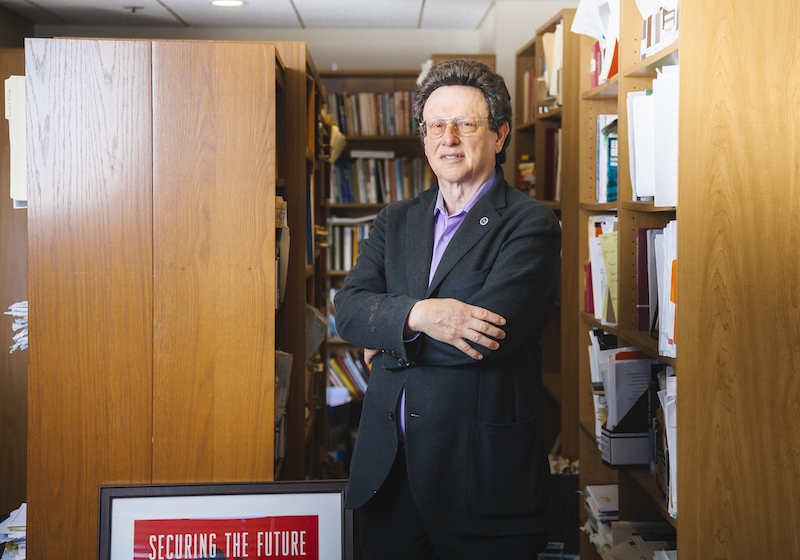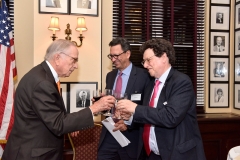New Book from CNS’s Bill Potter and Gaukhar Mukhatzhanova Highlights Nuclear Policies of Non-Aligned Nations
“Nuclear Politics and the Non-Aligned Movement” is being published as part of the Adelphi book series from the International Institute for Strategic Studies.


